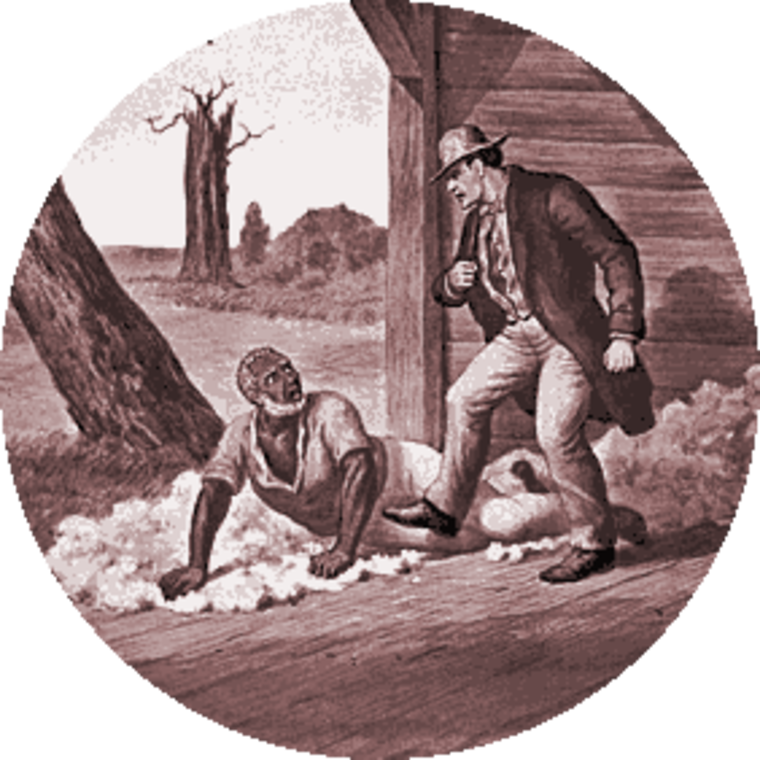
In the latest of periodic revivals of the argument that the United States ought to issue reparations to African-Americans as compensation for slavery, Ta-Nehisi Coates writes in The Atlantic: “Until we reckon with our compounding moral debts, America will never be whole.”
That discrimination, poverty and genocide are at the heart of the black American experience is not in doubt — at least not in the minds of people of moderate intelligence and good will. That tens of millions of blacks continue, “even” after the election of the first black president, to suffer systemic racism along with its attendant symptoms — schools starved of funding, grinding poverty, police brutality, a viciously skewed judiciary, bigotry in every aspect of life from the workplace to housing to romance — is obvious to all who care to open their eyes the slightest bit.
Reparations are obviously justified. Moreover, they are normative; in the United States, aggrieved parties routinely seek and receive compensation for their injuries and economic losses via class-action lawsuits and the occasional U.S. Treasury payout. During the 1990s, for example, Congress issued $20,000 reparations checks to 82,210 Japanese-Americans and their heirs in order to compensate them for shipping them to concentration camps during World War II (and, in many cases, stealing their homes and businesses).
Better ridiculously late than never; better insultingly small than nothing.
Other U.S. reparations precedents include North Carolina residents forcibly sterilized during the mid 20th century as part of a nationwide eugenics program targeted at minorities and the mentally disabled (they are receiving $50,000 each), victims of the infamous Tuskegee untreated-syphilis experiment ($24,000 to $178,000), and blacks killed in the 1923 mass lynching at Rosewood, Florida ($800,000 for those forced to flee).
Coates admits that complications arise from his proposal: “Who will be paid? How much will they be paid? Who will pay?”
Should blacks who are not descendants of American slaves, like President Obama, receive reparations? What about wealthy blacks — should a wealthy black person receive a payout while members of other races go hungry? Should poor blacks get more than rich blacks? What about “mixed race” people — if your father was black and your mother was white, should you get half a check?
These are good questions, but as a white man (not descended from Americans who lived in the United States during slavery), I don’t enjoy the political standing to ponder them, much less answer them.
Whatever the details of a theoretical reparation scheme, my only objection to the idea overall would be that no amount of money would or could be enough. Reading through Coates’ survey of centuries of savage rape, abuse and degradation, one can’t help but ask, how could $100,000 make up for a single ancestor turned away from restaurants or rejected for promotions or unable to attend college due to the color of her skin? $1 million? $10 million?
Not that doing the right thing is going to happen any time soon. “For the past 25 years, Congressman John Conyers Jr., who represents the Detroit area, has marked every session of Congress by introducing a bill calling for a congressional study of slavery and its lingering effects as well as recommendations for ‘appropriate remedies,’ Coates writes.
The bill “has never—under either Democrats or Republicans—made it to the House floor,” he says, because “we are not interested.”
Well, I’m interested. And I’d be paying, not getting.
Coates is, if anything, too polite. Congress’ disinterest in trying to atone for America’s original sin of slavery, he says, “suggests our concerns are rooted not in the impracticality of reparations but in something more existential.”
That existential something, of course, is that the United States and its economic infrastructure are the products of so much brutality, stealing, lying and exploitation, of so many hundreds of millions of people not only within “our” borders but — as the center of a vast economic and military empire — that it would not only be impossible to compensate all of its victims without going broke many times over, reparations would force American political leaders to concede that we are indeed an exceptional nation, if only in our violence and perfidy.
One place to start compiling lists of victims and heirs to consider for reparations would be Howard Zinn’s “People’s History of the United States.” All 49 states (except Hawaii) belonged to Native Americans; any fair assessment of compensation would give the total real estate value back to them, plus four centuries of interest and penalties for pain, suffering, and opportunity cost. Hawaii was stolen from native Hawaiians by an invasion force of U.S. Marines.
Chinese railroad workers were abused, discriminated against and in some cases murdered; America’s freight travels the rails they laid down. Except for slavery, Latinos too have suffered many of the same horrors, and still do, as Coates enumerates. There are the victims of America’s countless wars of colonial conquest in North America and around the world: Filipino patriots tortured to death in the early 20th century, two million Vietnamese, Koreans, Afghans, Iraqis and Yemenis — honestly, this is like one of those Oscar speeches where there isn’t enough time to thank everyone who made this “wonderful” exceptional country possible.
By all means, cut everyone a check, then close up shop.
(Support independent journalism and political commentary. Subscribe to Ted Rall at Beacon.)
COPYRIGHT 2014 TED RALL, DISTRIBUTED BY CREATORS.COM
